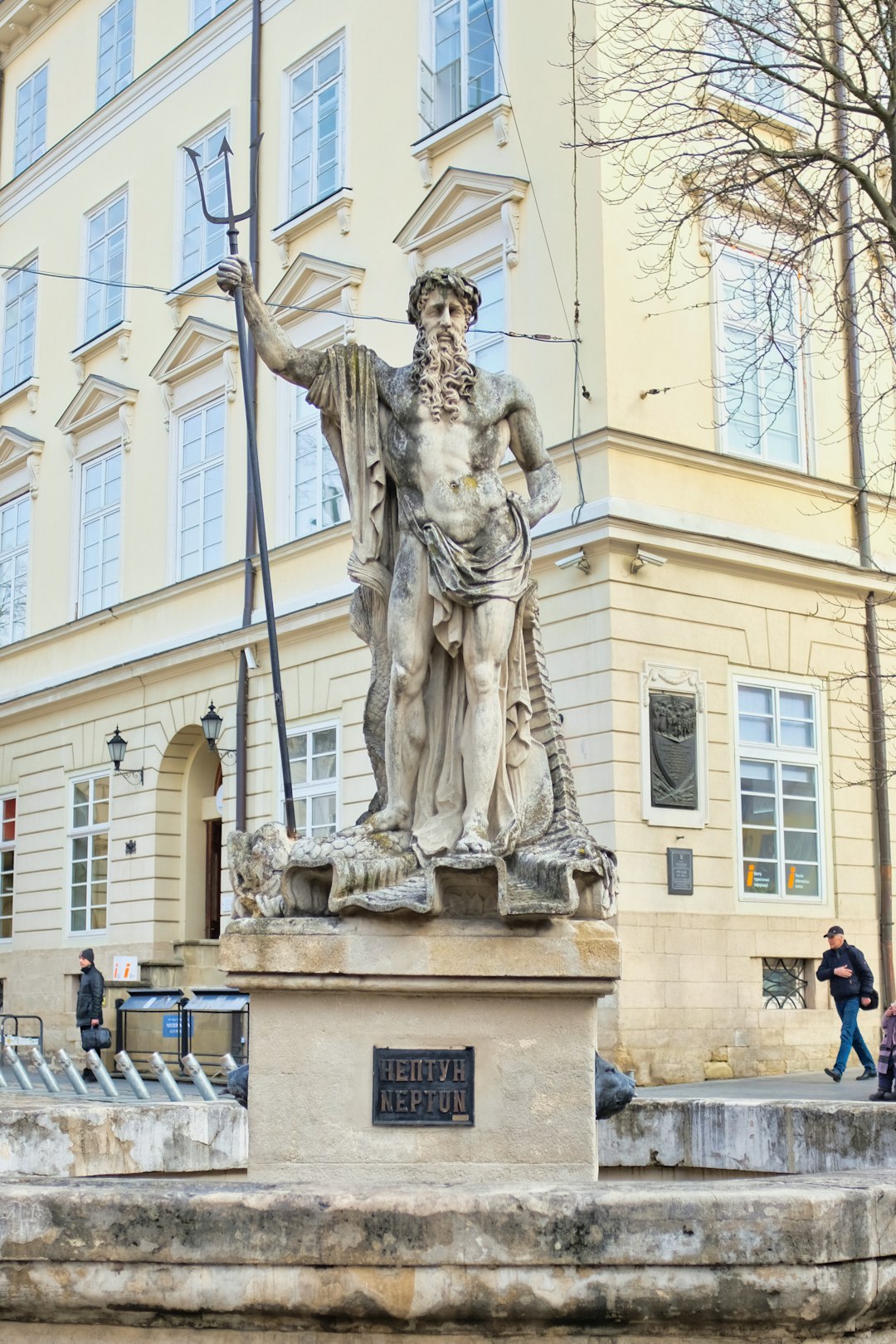Oligarchies in Ukraine and Russia
Ukraine lectures 19
May 21, 2023
Apologies: I took a weekend off from posting my Making of Modern Ukraine lectures because I had a couple of other important pieces published: the one on “War and Politics” here as well as the one on nuclear propaganda in the New York Times.
The purpose of this lecture is to evaluate the Ukrainian and Russian states as they emerged after the end of the Soviet Union in 1991. I begin though with an excursus into postwar Polish history. It is very important to establish how the Polish factor changed, such that Russia became the most important “other” in Ukrainian history. The efforts of Polish thinkers and then Polish diplomats to create a new paradigm in Polish-Ukrainian relations bore fruit in the 1990s; this success was one reason why Poland was able to join NATO and the EU. Ironically, the very absence of of Polish-Ukrainian conflict made it difficult to remember just how important the Polish factor had always been.
Russia and Ukraine both emerge from the Soviet Union, but diverge in their domestic politics. Both suffered from the problem of oligarchy: concentration of wealth and associated political power. In Ukraine this led to a certain pluralism; in Russia, one person eventually became the boss of bosses. By the 2010s, the state and societies were more different than (I think) the people in question sometimes realized; this became apparent during Ukrainian protests for democracy and for European integration, which are subjects of lectures to come.
The video is here and the podcast version is hereor here. Sorry I forgot to post the links last time! They are always the same, so if you are following these lectures, you could just bookmark them.
Readings:
Plokhy, Gates of Europe, chapter 26.
Serhy Yekelchyk, The Conflict in Ukraine, Oxford: Oxford University Press, 2015, chapter 4.
Peter Pomerantsev, Nothing is True and Everything is Possible, New York: Public Affairs, 2014, Act 1: Reality Show Russia, 1-77.

